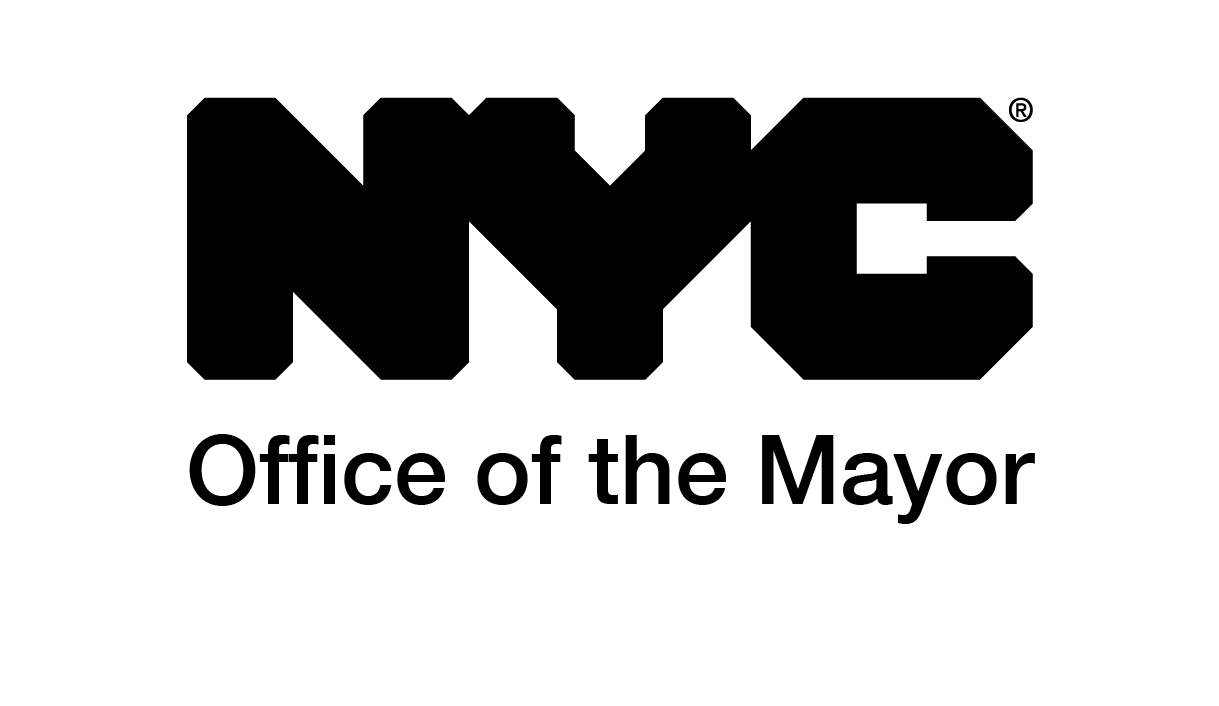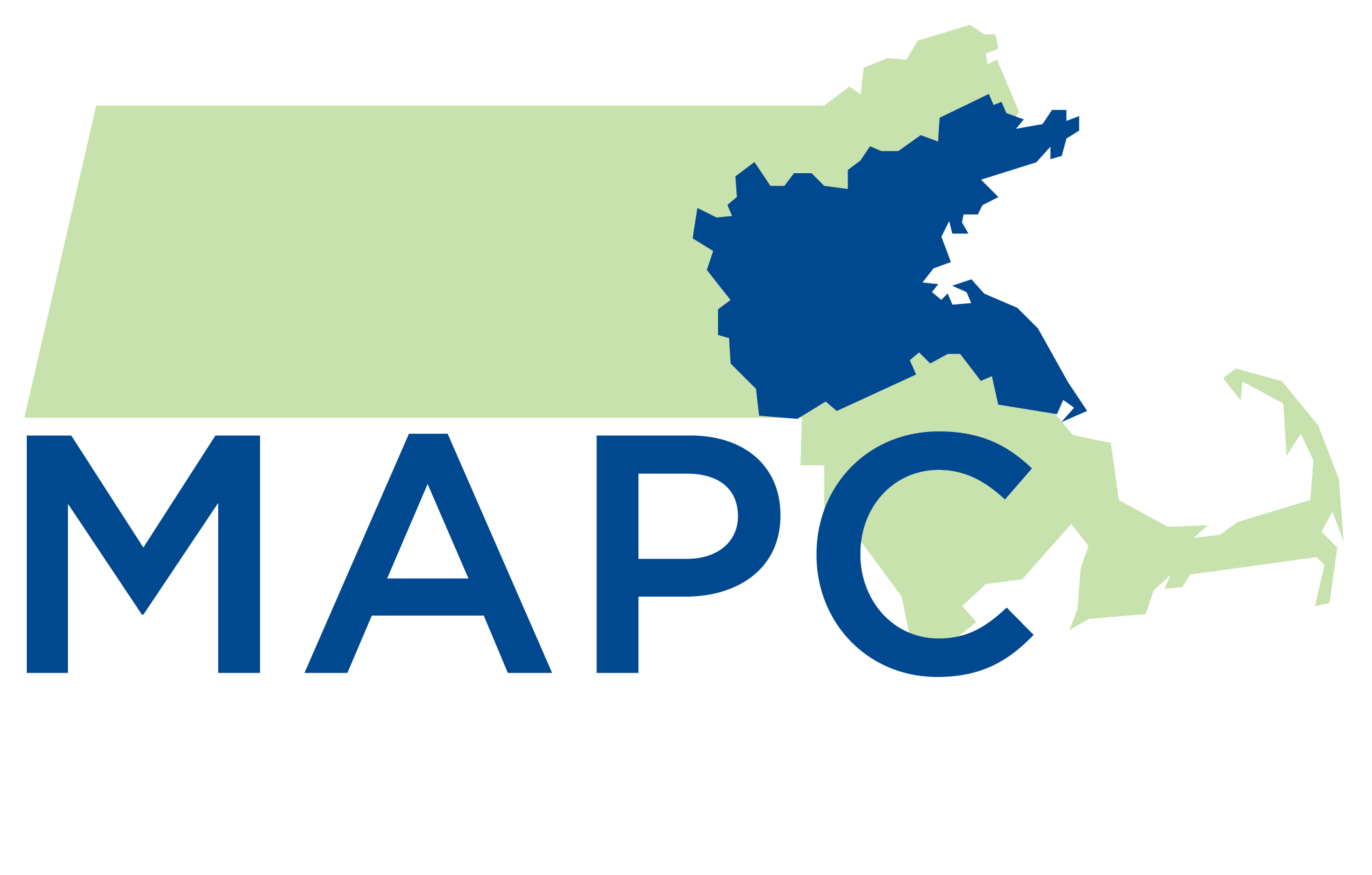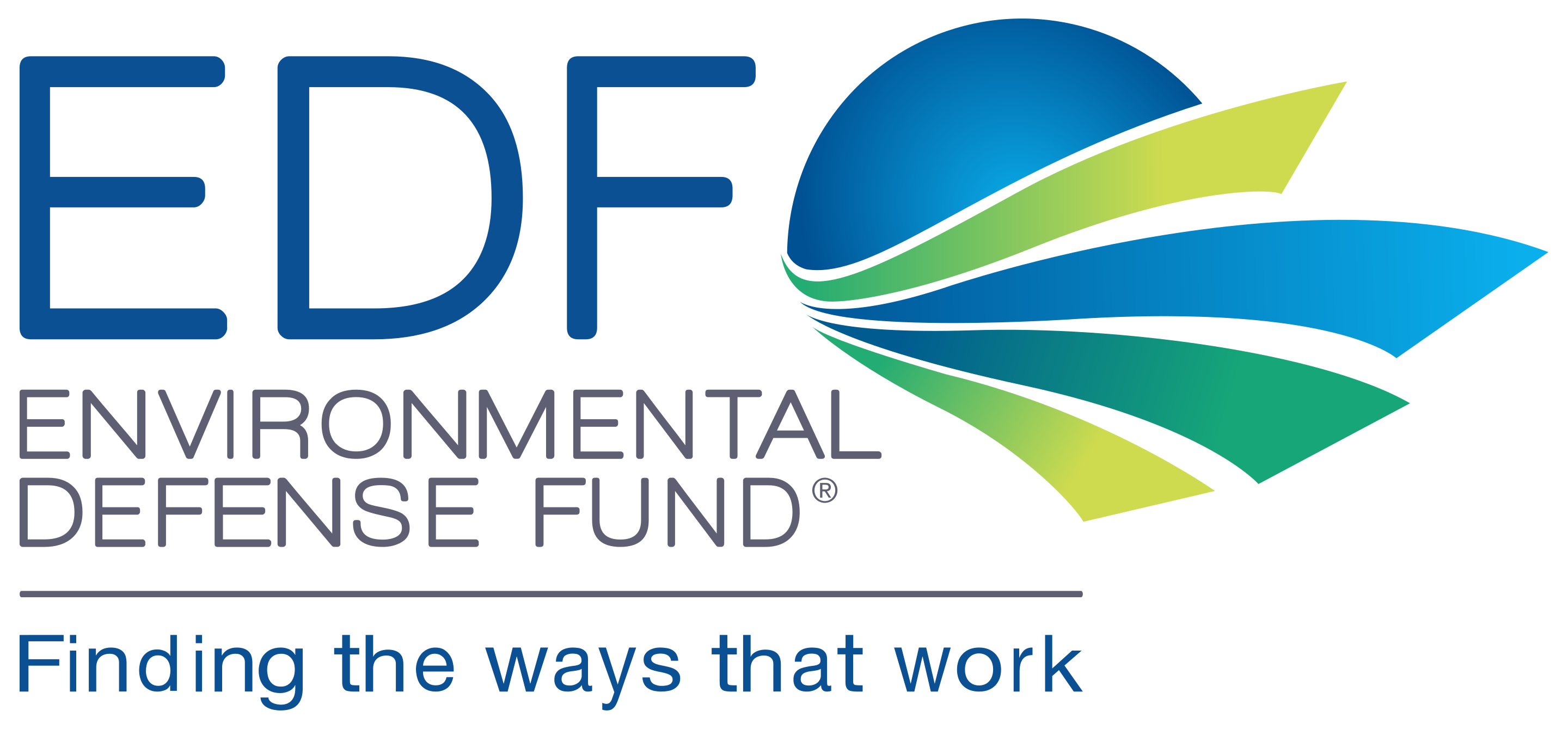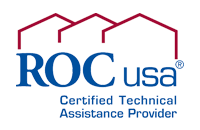The Adaptive Land Lab researches how to plan for urban climate adaptation in ways that improve sustainability and social justice.
As cities worldwide launch climate adaptation plans, many repeat past patterns of urban social and spatial inequality, for instance by investing in centers of economic and political power, neglecting marginalized communities, or extracting resources from less powerful places in service of urban resilience. This lab explores how existing property rights regimes, land use and fiscal policies, and regional governance contribute to these outcomes. Responses to these inequities should therefore not only encompass physical transformations of the built environment, but also a willingness to imagine new approaches to land ownership, land valuation, and collective decision-making. To elevate and advocate for alternative approaches, the lab seeks to learn from governmental experimentation, community based adaptation, and Indigenous approaches to managing environmental change.
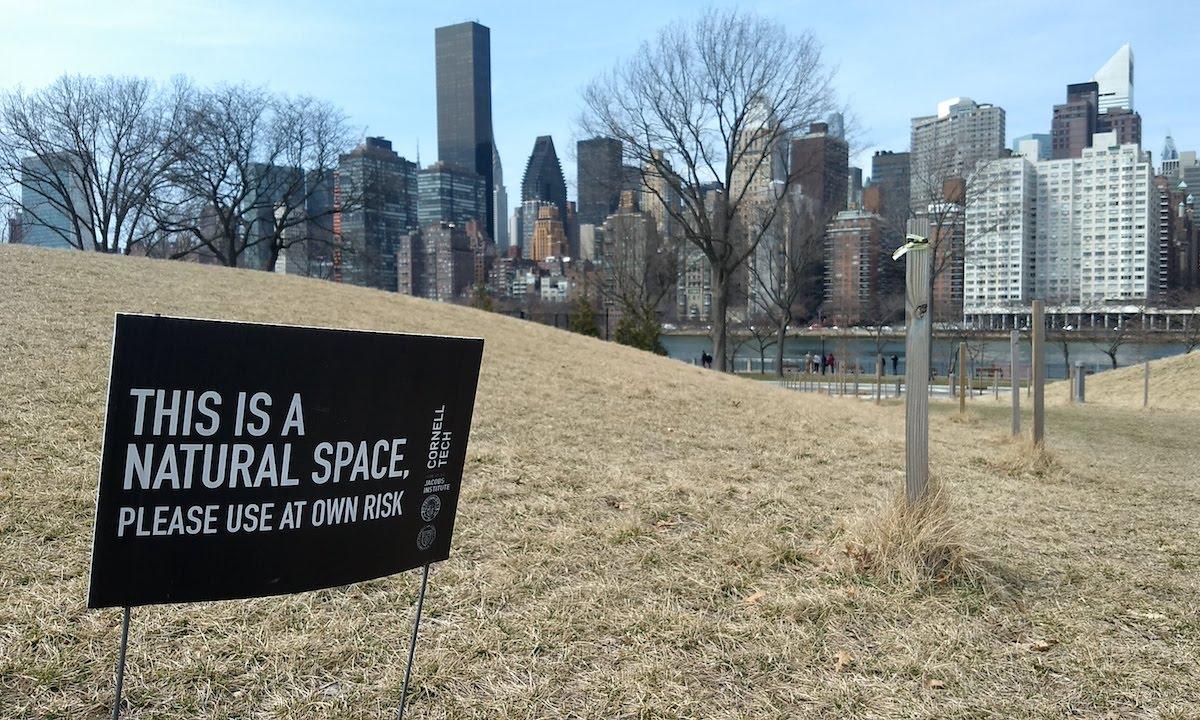
Cornell Atkinson Advances Four Joint Research Projects, Deepens EDF Partnership
We have been awarded a grant from Cornell Atkinson to conduct research on "Cooperative Strategies for Just and Ecological Adaptation to Flooding in New York City." Linda Shi (Cornell) and Kate Boicourt (Environmental Defense Fund) co-lead a team exploring the exposure of affordable, low-income housing in NYC to flooding and the extent to which existing public funding for flood adaptation responds to this housing stock's physical form and land tenure. We then ask whether and how cooperative finance and land tenure models can redress gaps and barriers. The project will assist the new NYC Mayor’s Office of Climate and Environmental Justice in connecting housing advocacy groups, community organizations, academics, and government staff to develop strategies for more equitable flood adaptation.
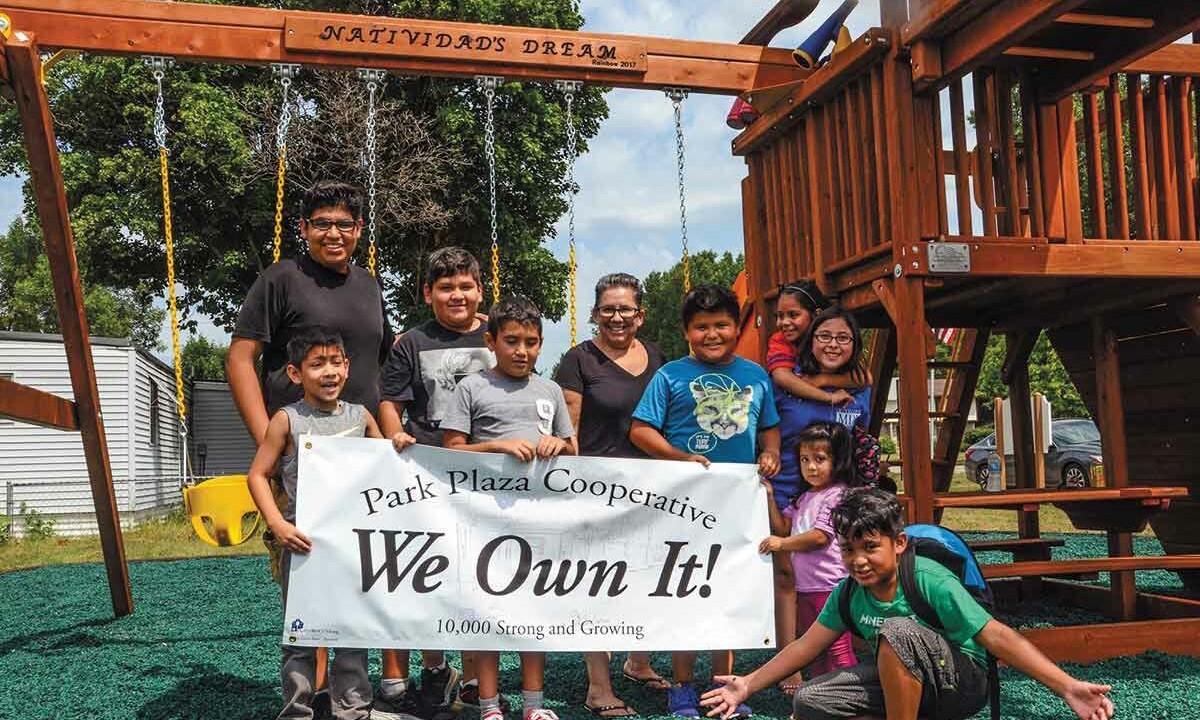
Resident-Owned Resilience: Can Cooperative Land Ownership Enable Transformative Climate Adaptation for Manufactured Housing Communities?
This open-access journal article, co-authored with Zachary Lamb, Stephanie Silva, and Jason Spicer, explores how a model of cooperatively owned manufactured housing communities has enabled residents to fend off the twin vulnerabilities of eviction and climate impacts.
Housing Policy Debate, 2022. Online First. DOI:10.1080/10511482.2021.2013284
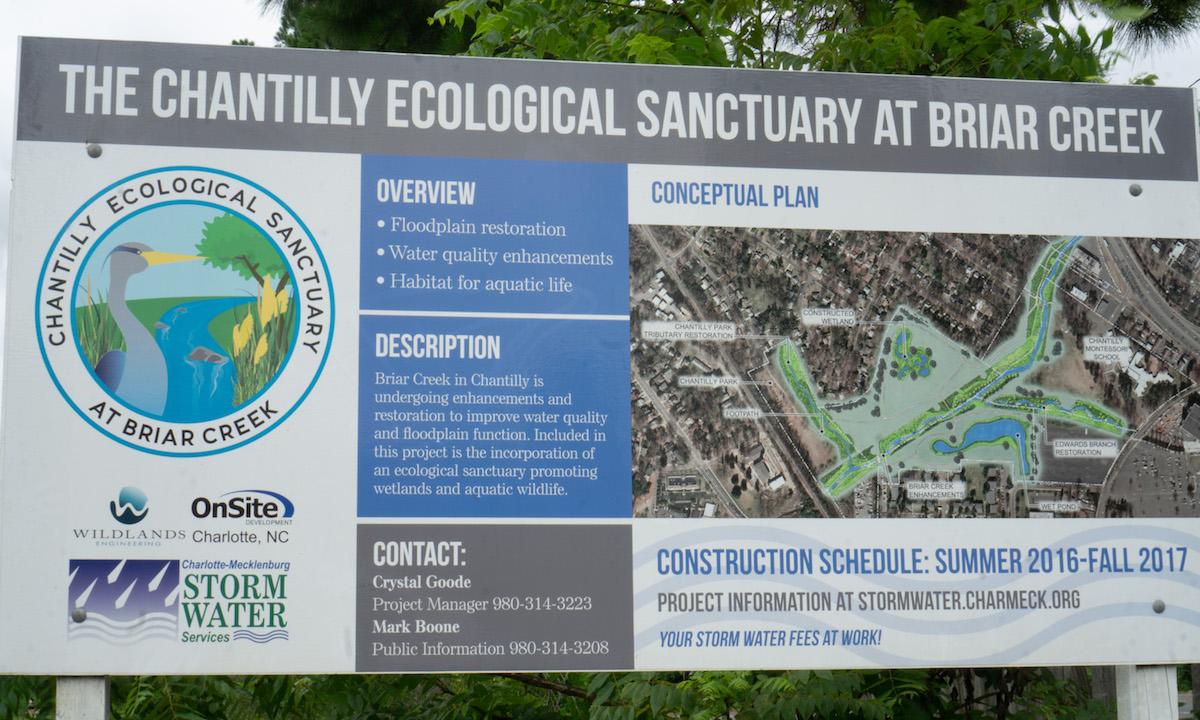
Equitable Buyouts: Learning from State, County, and Local Flood Mitigation Programs
Growing flood risk under climate change are exerting pressures and demands to relocate households living in repetitively flooded sites. However, the primary U.S. federal floodplain buyout program is widely criticized as being overly bureaucratic and inequitable, while not helping communities restore sites to “mother nature” after a buyout has been completed. This project examines subnational (state, county, and local) buyout programs to see what lessons they offer federal programs in enhancing the equity and ecological restoration of buyouts.
Contact
Linda Shi
lindashi.net
lindashi@cornell.edu
Address
Adaptive Land Lab
213 Sibley Hall
Cornell University
Ithaca, NY 14853



